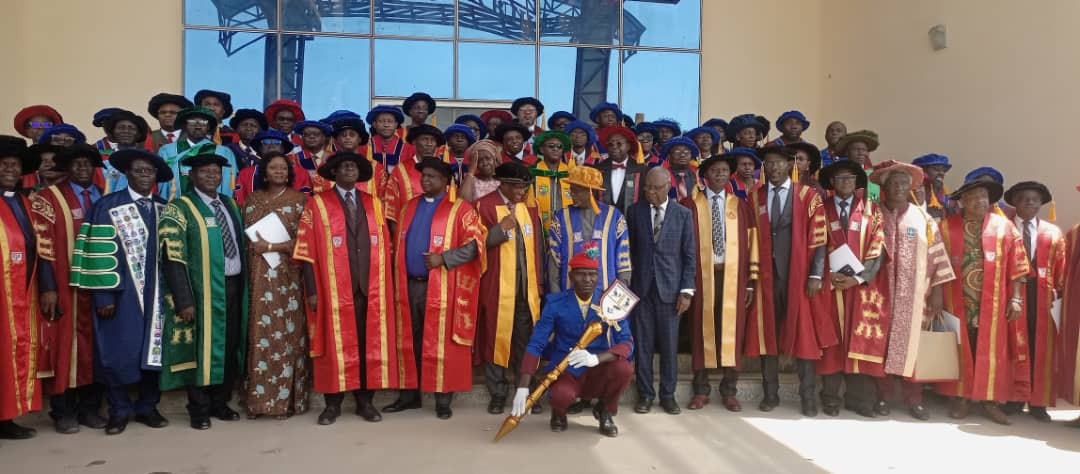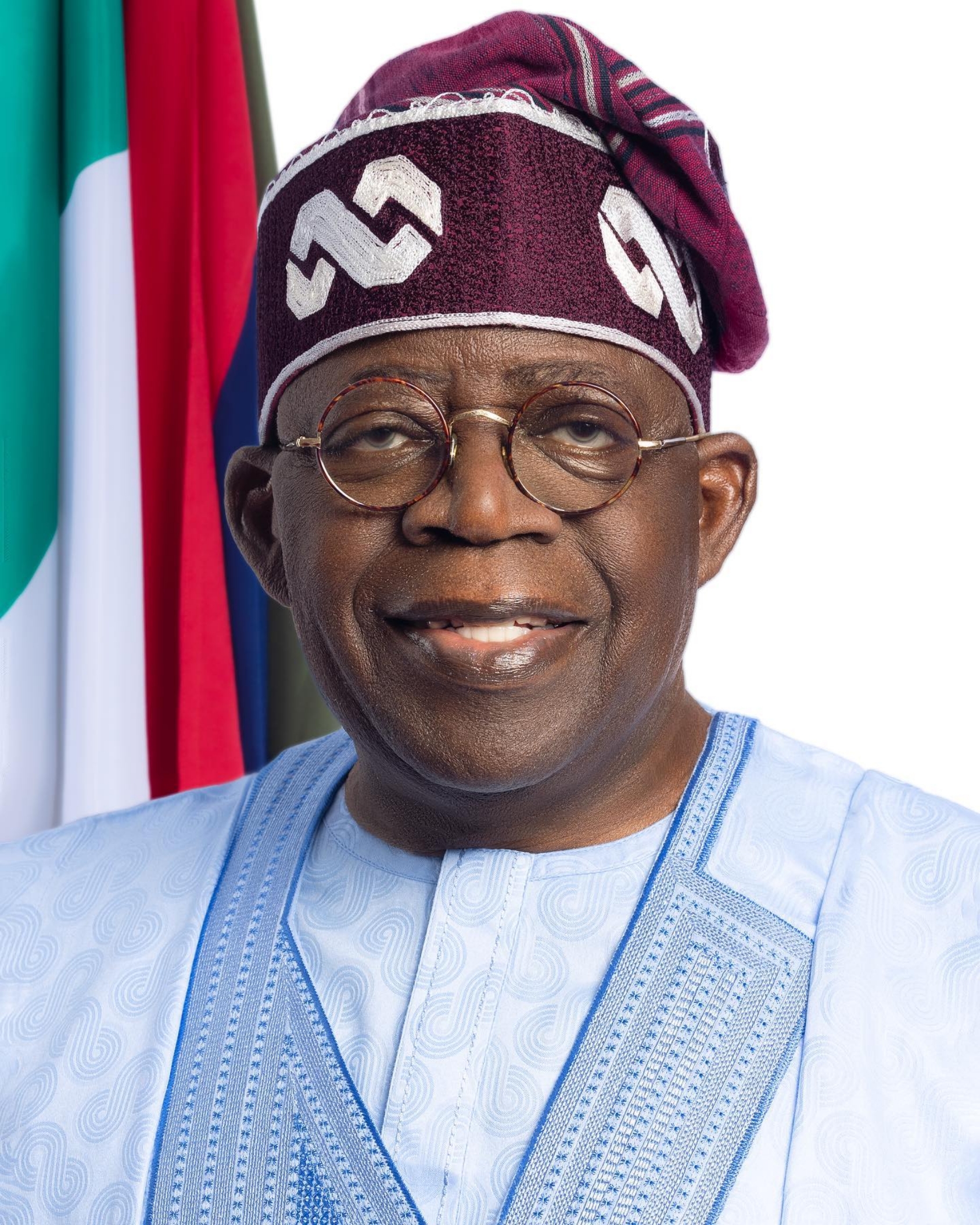The Founder and Chief Executive Officer of Prakis Educational Services, Professor Aderemi Obilana, has called on the Minister of Education, Dr Tunji Alausa, to immediately reverse the suspension of the 2022 National Language Policy.
Prof. Obilana, who doubles as a visiting professor at the University Institute of Applied and Human Sciences, Republic of Chad, as well as an independent contractor at the University of South Africa, urged the Nigerian government to emulate countries like China, Singapore, South Africa, and Finland, where indigenous languages are effectively integrated into the education system.
In a statement personally signed by him and made available to The Guardian on Sunday, Obilana described the halting of the implementation of the National Language Policy (NLP) as premature, unfounded, and harmful to Nigeria’s cultural and educational development.
Recall that the minister had last announced the cancellation of the language policy, citing poor student performance in WAEC, NECO, and JAMB examinations.
But Prof. Obilana argued that the decision was not only misleading but also failed to reflect global research and best practices in education.
According to him, there is no empirical basis to conclude that indigenous language instruction negatively impacted the performance of candidates in national examinations.
He noted that, contrary to the minister’s position, substantial evidence shows that children taught in their mother tongue during foundational schooling develop stronger reading comprehension skills.
He cited UNESCO’s position during the 25th anniversary of International Mother Language Day, which reaffirmed that instruction in indigenous languages enhances learning outcomes and cognitive development.
He added that several educational studies have proven that pupils who begin learning in their indigenous language perform better in literacy and numeracy than peers taught solely in foreign languages. “The data presented by the minister is highly incorrect,” he said, insisting that the performance of WAEC, NECO, and JAMB candidates cannot be attributed to the language policy.
Obilana also warned that abolishing the policy risks accelerating the erosion of Nigeria’s cultural identity. He referenced UNESCO’s research showing that children who learn in their mother tongue develop higher self-esteem and stronger cultural pride. “Preserving and promoting our indigenous languages is essential. Otherwise, we risk losing our heritage,” he stated.
In South Africa, for instance, he noted that extensive materials are available to support mother-tongue instruction.
The education expert stressed the need for Africans to “decolonise their mindsets,” arguing that the growing global acceptance of English should not justify sidelining African languages. He observed that numerous countries that prioritise indigenous languages excel in fields such as science, technology, and finance.
Professor Obilana appealed to the minister to provide the resources needed to fully implement the policy. He advocated continuous professional development for teachers and called on the ministry to adopt a student-centred approach to learning.
Professor Obilana is also the convenor of the Prakis International Education Conference on Transformation of Education in Africa and a reviewer for the Science Publishing Group Educational Journal in the United States.






